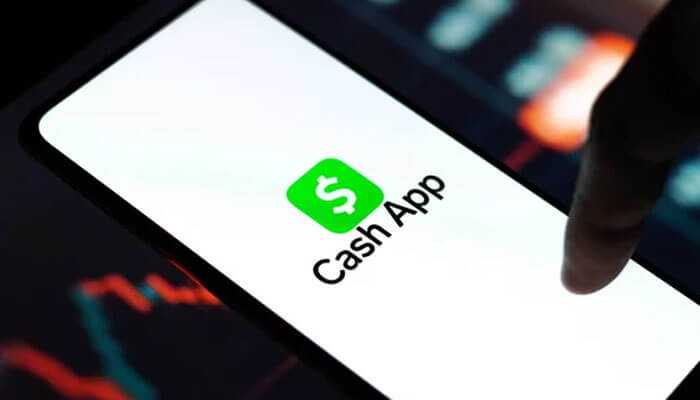In today’s digital world, the need for convenient and reliable payment methods is crucial. Cash App, developed by Block, is a popular solution for millions looking for a quick way to send and receive money. Since its launch in 2013, Cash App has evolved beyond simple peer-to-peer transactions to offer users comprehensive financial services.
What is Cash App?
Cash App is a mobile payment service that allows users to send, receive, and request money quickly and efficiently. Since its inception, Cash App has expanded its features to include banking services, Bitcoin trading, and investment options, becoming a comprehensive financial platform for many users.
At its core, Cash App functions as a digital wallet that people link to their bank accounts or credit cards to manage daily transactions easily. The app handles a wide range of transactions seamlessly, from splitting dinner bills to facilitating payments for freelancing users.
Key Features of Cash App
Sending and Receiving Money
Transferring and receiving money is the main feature of Cash App. You only need a username, telephone number, or email of the person you want to send money to, which is highly convenient for personal and business purposes. You can also send cash to individuals without having a Cash App via a unique “$Cashtag,” a personalized payment link.
Cash Card
With Cash App, you can also request a physical debit card called the Cash Card. Like any other regular debit card, it is directly linked to your Cash App balance for in-store and online purchases. Cash App has become a popular payment method for online gambling. Many players now opt for Cash App casinos for easy payment, as it simplifies deposits and withdrawals, making their gaming experience more efficient and secure.
According to Sergio Zammit, Cash App allows for both fiat currency and cryptocurrencies like Bitcoin. However, limits can change every month depending on the specific payment option you select. Should you fund your account using your Cash App debit card, the maximum limit could potentially be much higher than funding the account with Cash App Bitcoin. The daily and weekly limits for Bitcoin transactions will differ depending on the transaction type too, for example, sending or receiving Bitcoin.
Banking Services
Cash App’s banking features allow direct deposits from your employer, making the Cash App essentially a quasi-bank account. You can even set up your paycheck to go directly to your Cash App account. There are also options to deposit checks via the app for those who prefer banking online.
Cash App Bitcoin Transactions
Cash App’s integration with Bitcoin allows users to buy, sell, and store Bitcoin. This makes it so much easier for those new to cryptocurrency to start investing in Bitcoin without using another platform.
Stock Investing
Cash App also allows its customers to invest in stock. You can invest in fractional shares, which means you don’t need to invest large amounts upfront to hold shares in stocks. This feature makes stock trading more accessible, starting with a minimum investment as low as $1.
How to Use Cash App
Download and Install the Cash App
Cash App is available for download in the App Store or Google Play Store. Create an account with either your phone number or email address. You can also link a bank account, or a debit/credit card to fund your Cash App balance.
Link Your Bank Account
To make payments, you need to link a funding source such as your bank account to Cash App. This allows for seamless internal transfers.
Create $Cashtag
A $Cashtag is a unique username where other users can find you, allowing others to send money without using your phone number or email address. You can share your cash tag with your friend, family, or customer for an easy way to collect a payment.
Cash Card
Cash Cards are optional. You can still use Cash App without ordering a physical card.
Cash App Pros
Convenience
Cash App simplifies everyday transactions, from paying a friend to making purchases, all within one app. It serves as an all-in-one app for payments, banking, and investing.
Low Fees
Cash App generally has no monthly fees, no overdraft fees, or minimum balance fees. Sending money to friends and family is free when using your Cash App balance or a linked bank account.
Cash App Privacy and Security
Cash App uses encryption and security protocols to protect personal and financial information security. Two-factor authentication is available for additional account protection.
Conclusion
In a relatively short period, Cash App has emerged as a versatile tool for managing finances. Whether you want to send money to friends, receive money for freelance work, or invest in Bitcoin or stocks, Cash App facilitates these processes easily. From the Cash Card to banking and investment features, Cash App offers robust capabilities for managing personal finance. Cash App can be the ideal solution for those who want a reliable, secure, and less complex payment solution.



